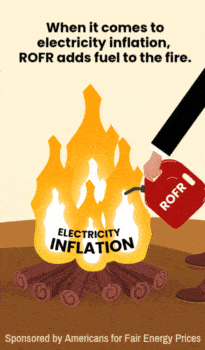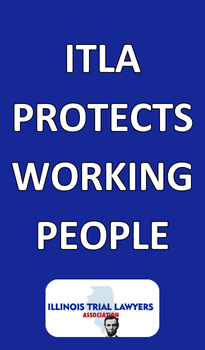|
Results open thread
Tuesday, Nov 8, 2022 - Posted by Rich Miller * Sun-Times’ results are here. Daily Herald’s are here. Tribune’s are here. They all come from the same place (Associated Press), so pick your flavor. Another option is Ryan Keith’s spreadsheet, which will be updated as races are called. That is here. And the AP’s race calls for US Senate, Congress and governor can be found here. * I’ll be adding tweets and other stuff into this app as the night progresses. Our daily live feed will also be helpful. Follow along with ScribbleLive…
|
|
Afternoon precinct reports and some other stuff
Tuesday, Nov 8, 2022 - Posted by Rich Miller * What are you seeing out there? Give us some details. Any shenanigans? Make sure to let us know where you are. Thanks! * Meanwhile, here’s a particularly moronic and harmful Fox News story…
Scott Kennedy at Illinois Election Data has it right…
We will have some limited coverage tonight. But any race that’s even kinda close ain’t gonna be over until the ballots are counted or enough are counted to make an accurate prediction. Illinois counts mail-in ballots received up to two weeks after the polls close and since election authorities are not allowed to count early and mailed-in votes before election day, those are often counted after the election day votes are tabulated. * Update from Chicago…
…Adding… Press release…
[Comments are closed. Go here for a fresh thread.]
|
|
Mid-morning precinct reports
Tuesday, Nov 8, 2022 - Posted by Rich Miller * What’s going on by you? Give us as many details as possible, including location. Thanks! [Comments are now closed. Fresh thread is here.]
|
|
Misinformation alert! State Board of Elections says sharpies are often preferred for ballots
Tuesday, Nov 8, 2022 - Posted by Rich Miller * As always, do not listen to these people. Ever…
* Go ask the experts…
…Adding… This was a thing two years ago. But, of course, facts and history mean nothing to groups dedicated to spreading misinformation and disinformation…
|
|
Morning precinct reports
Tuesday, Nov 8, 2022 - Posted by Rich Miller * What are you seeing out there? Turnout? Mood? Line size? Anything different from previous elections, or about the same? Make sure to tell us at least your approximate location. Thanks. …Adding… I’m also interested in any confusion caused by things like this…
[Comments are now closed. Click here for a fresh thread.]
|
|
Live coverage
Tuesday, Nov 8, 2022 - Posted by Rich Miller * Follow along with ScribbleLive…
|
| « NEWER POSTS | PREVIOUS POSTS » |















